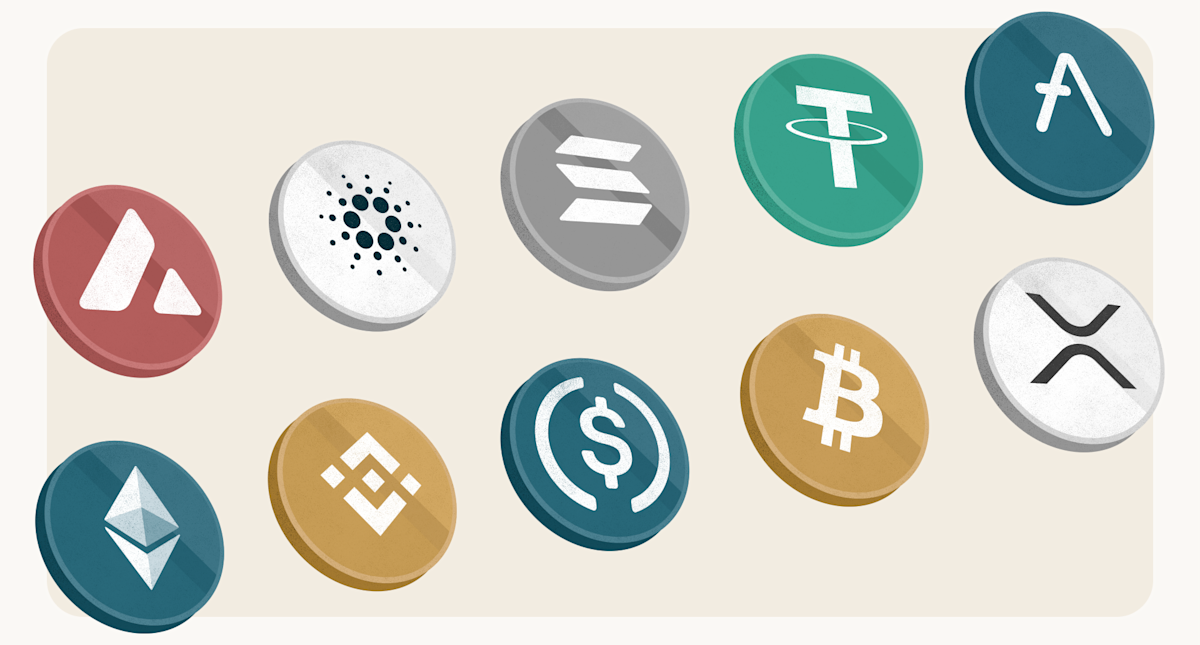Cryptocurrency for beginners
Readers of our stories should not act on any recommendation without first taking appropriate steps to verify the information in the stories consulting their independent financial adviser in order to ascertain whether the recommendation (if any) is appropriate, having regard to their investment objectives, financial situation and particular needs. https://igolftuscany.com/ Providing access to our stories should not be construed as investment advice or a solicitation to buy or sell any security or product, or to engage in or refrain from engaging in any transaction by Forbes Advisor Australia. In comparing various financial products and services, we are unable to compare every provider in the market so our rankings do not constitute a comprehensive review of a particular sector. While we do go to great lengths to ensure our ranking criteria matches the concerns of consumers, we cannot guarantee that every relevant feature of a financial product will be reviewed. We make every effort to provide accurate and up-to-date information. However, Forbes Advisor Australia cannot guarantee the accuracy, completeness or timeliness of this website. Forbes Advisor Australia accepts no responsibility to update any person regarding any inaccuracy, omission or change in information in our stories or any other information made available to a person, nor any obligation to furnish the person with any further information.
If you buy and sell coins, paying attention to cryptocurrency tax rules is important. Cryptocurrency is treated as a capital asset, like stocks, rather than cash, which means that you need to pay your marginal tax rates on any capital gains or income earned from crypto when you register your return with the ATO. You can read our guide to crypto and tax in Australia.
While some cryptocurrencies have seen massive gains in the past, predicting what coin might pull a 1000x return is impossible. For a digital asset to pull this kind of gain, it would have to be a very small, high-risk project. Investors should thoroughly research any cryptocurrency, understand the risks, and never invest more than they can afford to lose.
Cryptocurrency wallets
A hardware wallet is an external accessory (usually a USB or Bluetooth device) that stores a user’s keys; a user can only sign a transaction by pushing a physical button on the device, which malicious actors cannot control.
A crypto wallet is a digital tool that enables you to store, manage, and interact with your cryptocurrencies. Unlike traditional wallets that hold physical cash, a crypto wallet stores the keys needed to access and manage your digital assets on the blockchain. Your keys come in two forms: public keys, which are like your bank account number and can be shared with others to receive funds, and private keys, which are akin to your PIN and should be kept secret to protect your assets.
Trust Wallet is completely free to download and use. There are no hidden fees for transactions or swaps within the app, although you will need to pay standard blockchain network fees. This cost-effective approach makes it an attractive option for beginners who may be cautious about incurring additional expenses while learning about cryptocurrencies.
Trust Wallet simplifies this process by offering a user-friendly interface that handles all the technical details behind the scenes. You don’t need to worry about the complexities of private and public keys – Trust Wallet makes managing multiple cryptocurrencies easy with just a few taps on your phone. For crypto newbies, it provides a seamless introduction to digital asset management.
Disclaimer: Content is for informational purposes and not investment advice. Web3 and crypto come with risk. Please do your own research with respect to interacting with any Web3 applications or crypto assets. View our terms of service.
The primary purpose of a cryptocurrency wallet is to securely store your private keys and, by extension, your digital assets. Using reputable wallets—especially hardware or cold wallets—significantly reduces the risk of losing your funds.

Cryptocurrency prices
Surprisingly, the anti-crypto stance of the Chinese government has done little to stop the industry. According to data by the University of Cambridge, China is now the second-biggest contributor to Bitcoin’s global hash rate, only behind the United States.
TThe data at CoinMarketCap updates every few seconds, which means that it is possible to check in on the value of your investments and assets at any time and from anywhere in the world. We look forward to seeing you regularly!
Some examples of prominent cryptocurrencies that have undergone hard forks are the following: Bitcoin’s hard fork that resulted in Bitcoin Cash, Ethereum’s hard fork that resulted in Ethereum Classic.
As compensation for spending their computational resources, the miners receive rewards for every block that they successfully add to the blockchain. At the moment of Bitcoin’s launch, the reward was 50 bitcoins per block: this number gets halved with every 210,000 new blocks mined — which takes the network roughly four years. As of 2020, the block reward has been halved three times and comprises 6.25 bitcoins.
De allereerste cryptocurrency was Bitcoin. Omdat het open source is, is het voor andere personen mogelijk om het grootste deel van de code te gebruiken, een paar wijzigingen aan te brengen en vervolgens hun eigen aparte valuta uit te brengen. Veel personen hebben precies dit gedaan. Sommige van deze munten lijken erg op Bitcoin, met slechts een of twee gewijzigde functies (zoals Litecoin), terwijl andere sterk verschillen, met verscheidene modellen voor beveiliging, uitgifte en beheer. Ze hebben echter allemaal dezelfde oorsprong: elke munt die na Bitcoin wordt uitgegeven, wordt als een altcoin beschouwd.

